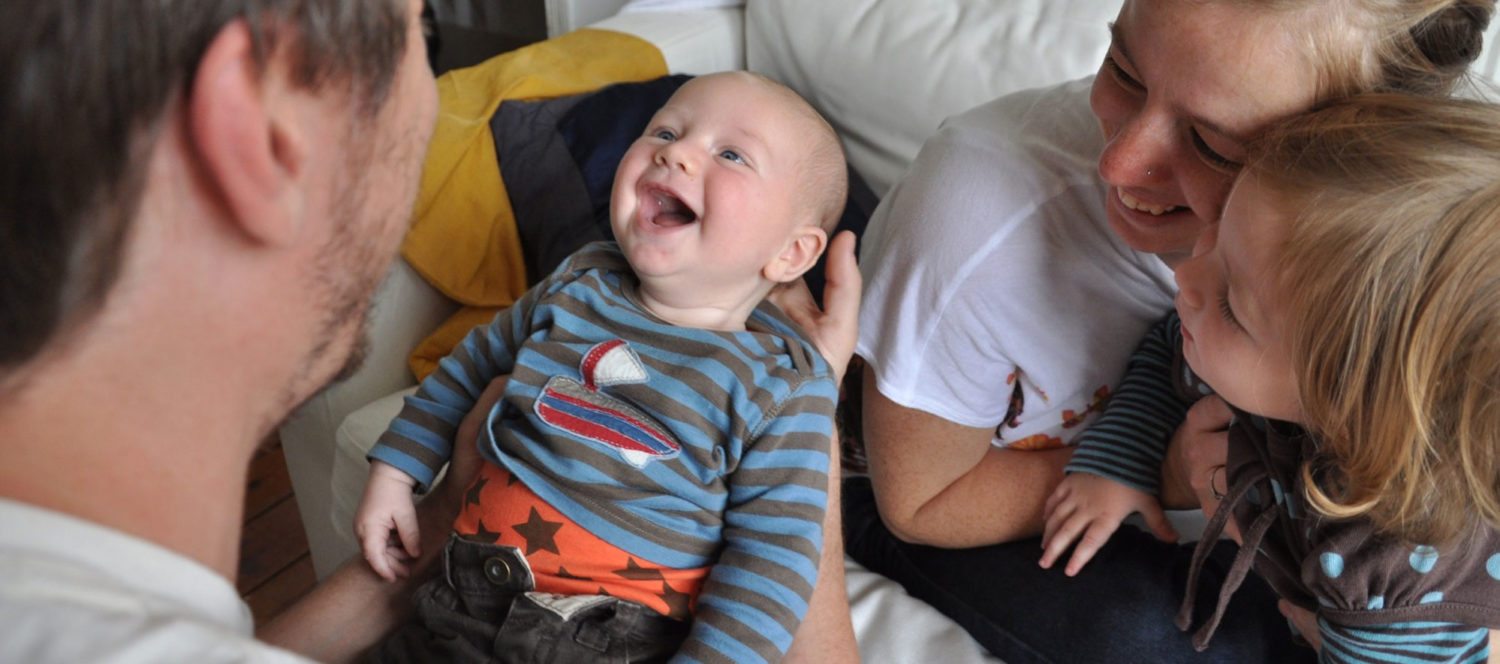This section covers a range of recent studies related to feeding, relationship building and infant health.
Trauma-informed care in the newborn intensive care unit: promoting safety, security and connectedness
The challenges of medically complex breastfed children and their families: A systematic review
Despite medically complex infants and children being a group that could benefit most from continued breastfeeding, breastfeeding duration and exclusivity are lower among more complex paediatric populations. This systematic review aimed to understand the challenges of breast/chestfeeding the medically complex child and to establish the gaps in healthcare provision that act as barriers to optimal infant and young child feeding. Findings affirm the lack of consistent high-quality care for lactation support in paediatric settings and reinforce the need for further focused research in this area.
Breastfeeding promotes early neonatal regulatory T-cell expansion and immune tolerance of non-inherited maternal antigens
Research led by the University of Birmingham and Birmingham Women’s and Children’s NHS Foundation Trust has revealed new insight into the biological mechanisms of the long-term positive health effects of breastfeeding in preventing disorders of the immune system in later life, with data showing that exposure of the neonate to maternal cells through breastfeeding acts to drive the maturation of Tregs and ‘tolerizes’ the neonate towards non-inherited maternal antigens.
January – March 2019 research round up
Infant Feeding expert and blogger Analytical Armadillo has produced a round up of 45 infant feeding-related studies, published between January and March 2019. Ranging from a meta-analysis of the effects of kangaroo care on preterm infants, to racial inequalities in breastfeeding, the document provides a concise summary of each study.
Research round up (April 2019)
Stroking modulates noxious-evoked brain activity in human infants
This study of 32 infants explored whether touch can reduce noxious-evoked brain activity, following previous studies of adults showing that touch of C fibre sensory neurons is pleasant and can reduce pain perception. Researchers found that stroking prior to an experimental noxious stimulus or clinical heel lance can attenuate noxious-evoked brain activity in infants. They conclude that C-tactile fibres may represent a biological target for non-pharmacological interventions that modulate pain in early life, and said that further research is needed to ascertain whether this simple tactile intervention is effective in modulating pain in the context of other clinical procedures and in preterm infants.
Comparison of breast milk compositions among mothers delivering small-for-gestational age, appropriate-for-gestational age, and large-for-gestational age infants
This study of 75 milk samples found that the carbohydrate (CHO) composition of breastmilk in mothers of infants who were small-for-gestational age (SGA) was significantly lower than that in mothers of appropriate-for-gestational age (AGA) infants – but this was not found to have any clinical significance. In addition, no significant correlation was found between maternal BMI, gestational age, and CHO.
Domperidone increases breast milk production in mothers of premature babies
This systematic review of five randomised controlled trials found that domperidone increased mean daily expressed milk volume by 88ml/day amongst women feeding expressed breastmilk to their premature babies. Further studies are needed to explore this and examine any other possible side effects.
Older research
- Cup feeding versus other forms of supplemental enteral feeding for newborn infants unable to fully breastfeed
- A review of adverse reactions in infants from medications in breastmilk
- Breastfeeding and reduced risk of liver disease in adolescence
- Nutrient and food intakes in early life and risk of childhood fractures
- Breastfeeding and Risk of Rheumatoid Arthritis



